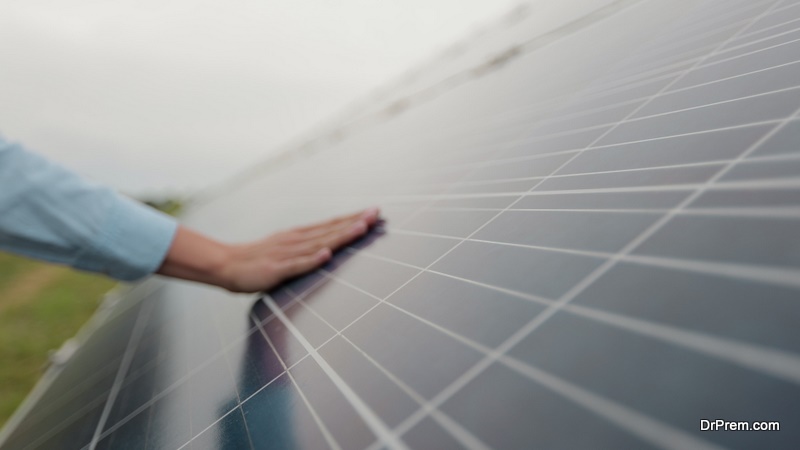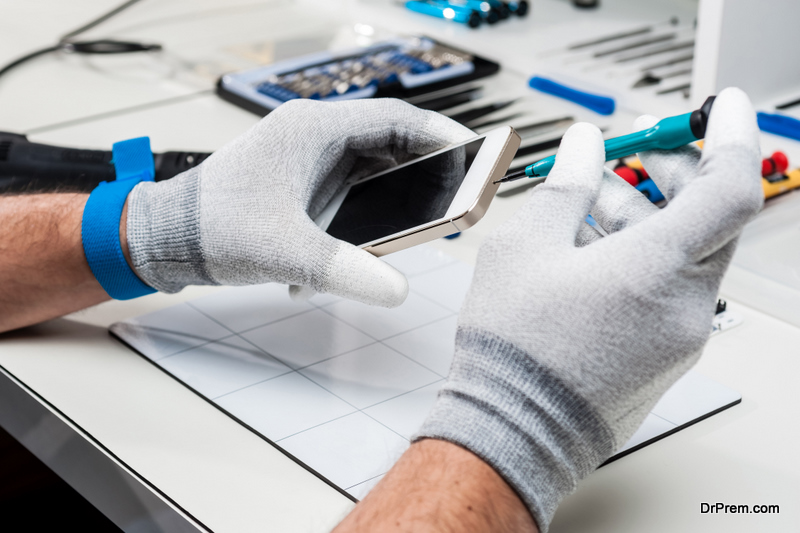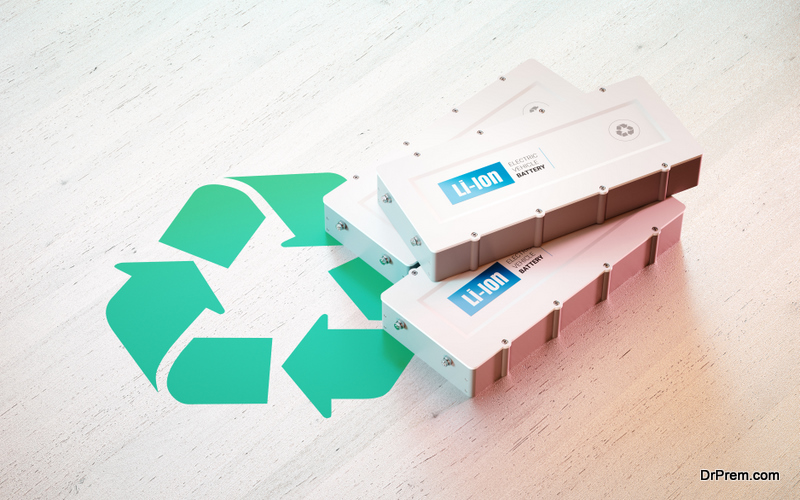Choosing to live an eco-friendlier lifestyle not only benefits you, but it also helps the environment. However, switching lifestyles isn’t always the easiest thing to do. For some, it can be a little jarring at first because it’s such a contrast to what they’re used to. In this article, we’ll be covering what you need to transition to an eco-friendly lifestyle.
1. Find a Suitable Career

There are many ways to transition into an eco-friendly lifestyle ranging from adopting a new diet to getting a career that involves bettering the environment. If you’re aiming for the latter, you have options at your disposal. Here’s a small list of environment-friendly careers:
- Solar installer
- Farm manager
- Environmental specialist
- Landscape archetype
- Environmental scientist
- Water resources engineer
- Energy manager
Regardless of the profession you choose, you’ll need to have the proper education for it. To do that, you’ll have to attend college. But college is a huge financial investment, especially if you’re looking towards becoming an engineer. Engineering degrees are some of the most expensive degrees you can pay for. Your best option is to take out a student loan. Student loans not only finance the tuition costs, it can also help you pay for anything else relating to your educational needs, like textbooks and a new computer.
2. Use Less Power
One of the best ways to be more eco-friendly is to reduce how much power you use. A key indicator that you’re using too much power is the increased price on your utility bills. You’d be amazed at what can cause your power bill to skyrocket in price. A few examples include having poor insulation in your home, using older appliances, and even daylight savings. One cause that’s particularly problematic is leaving certain appliances plugged in without using them. These are called vampire appliances as they can suck out power for no reason. A good example of this would be phone chargers. Make sure to plug out any appliances you’re no longer using as it can help save you hundreds.
3. See if You Can Repair It

Something that can utterly destroy an environment is throwing away things when they don’t work. If something stops working suddenly, a lot of people’s first inclination is to throw it away and replace it. Not only does this action contribute to the literal tons of garbage in landfills, it’s also a huge waste of money. Make sure to see if you’re able to fix the issue before resorting to replacement.
4. Install Smart Technology
There are many ways to turn your home eco-friendly and this factor coincides with using less power. Installing smart technology like a smart thermostat can help you reduce energy usage and lower bills. This is because smart thermostats can be set to run and turn off at specific points in time. What’s more is that they can be remotely controlled from an app on your smartphone, tablet,a or laptop if you’re out of the house.
5. Recycle More

Throwing things out is obviously inevitable. But some things really don’t belong with traditional waste. Anything made of plastic, cardboard or paper should be recycled instead. When a material is recycled, it’s put towards the creation of another item, like a new bag or bottle.
Article Submitted By Community Writer




